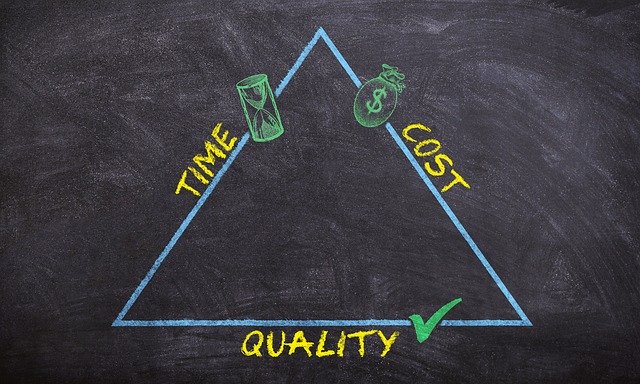When it comes to budgeting, there are many different approaches that you might be considering. While this can seem overwhelming, there are a few simple tips that can lead to your budget’s success.
Every budget is unique as everyone’s financial situation is different, but there are a few universal tips that can help just about anyone manage their personal budget.
Before You Get Started
One of the biggest tips for a budget is to plan out the details before you even start one. While many people feel like they are too financially irresponsible or their income is too modest, budgets can be beneficial for everyone!
One of the most helpful things to do before creating a budget is outlining any goals you may have.
- Write down three things you want your budget to accomplish–whether big or small, it’s important to have a financial goal in mind! You can include getting rid of your debt, or some other beneficial milestone.
- Write down two things that you want your finances to accomplish throughout the year.
- List one thing that you think your budget can accomplish within the next month. This goal can be small, such as only eating out once a week or cutting off a streaming service.

Creating Your Ideal Budget
Every budget is different, so when you create one it should be tailored to your financial goals and needs! If your budget is intended to help you get out of debt and save for a house, your budget will look different than someone whose financial goals include saving for a new baby.
Your budget should start with establishing your income, and if you have a spouse their income will need to be factored in as well.
After your income is established, you will need to determine what your expenses are per month. Generally, most households have two major categories that their expenses can be factored into, fixed and variable expenses.
- Fixed Expenses: These expenses will not change throughout the month. These expenses include your mortgage, insurance, or scheduled payments such as a title loan. Usually, these costs are the highest priority for your budget and usually won’t change.
- Variable Expenses: These costs will change throughout the month, and they include expenses such as transportation costs, groceries, takeout, and entertainment.
Once these two categories have been created, look at your bank and credit card statements to differentiate all your monthly transactions. The total spending cost is your estimate for the next month. By knowing how much you spend and on what, you can easily figure out where you are overspending!
Stick to It
After creating your budget, one of the most difficult factors going forward is sticking to it. Keeping yourself accountable is one of the most stressful parts of any budget plan! One way to keep yourself on track is carrying a physical copy of your budget plan. When you make a purchase, update the budget on your phone or in a notebook! Adjusting your budget, as well as your monthly spending habits, will help you keep your budget well maintained.

